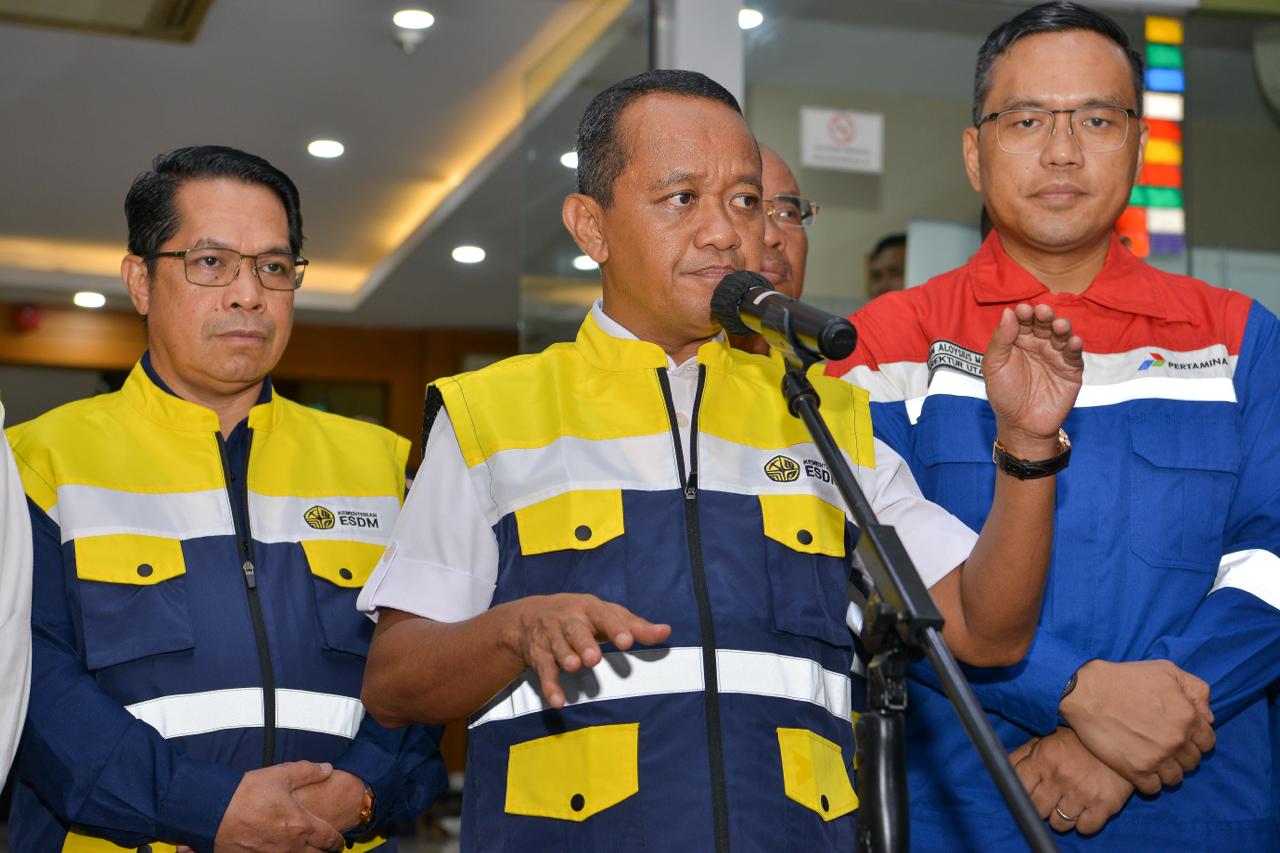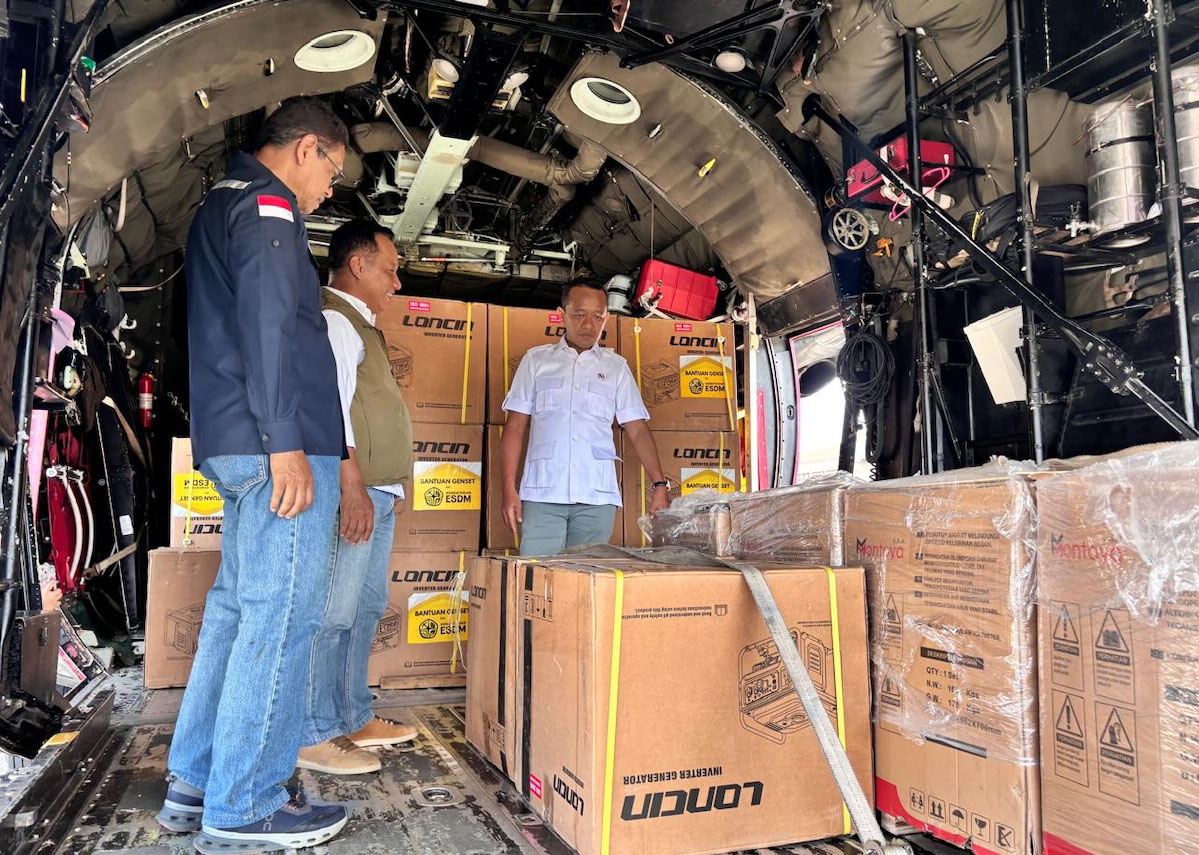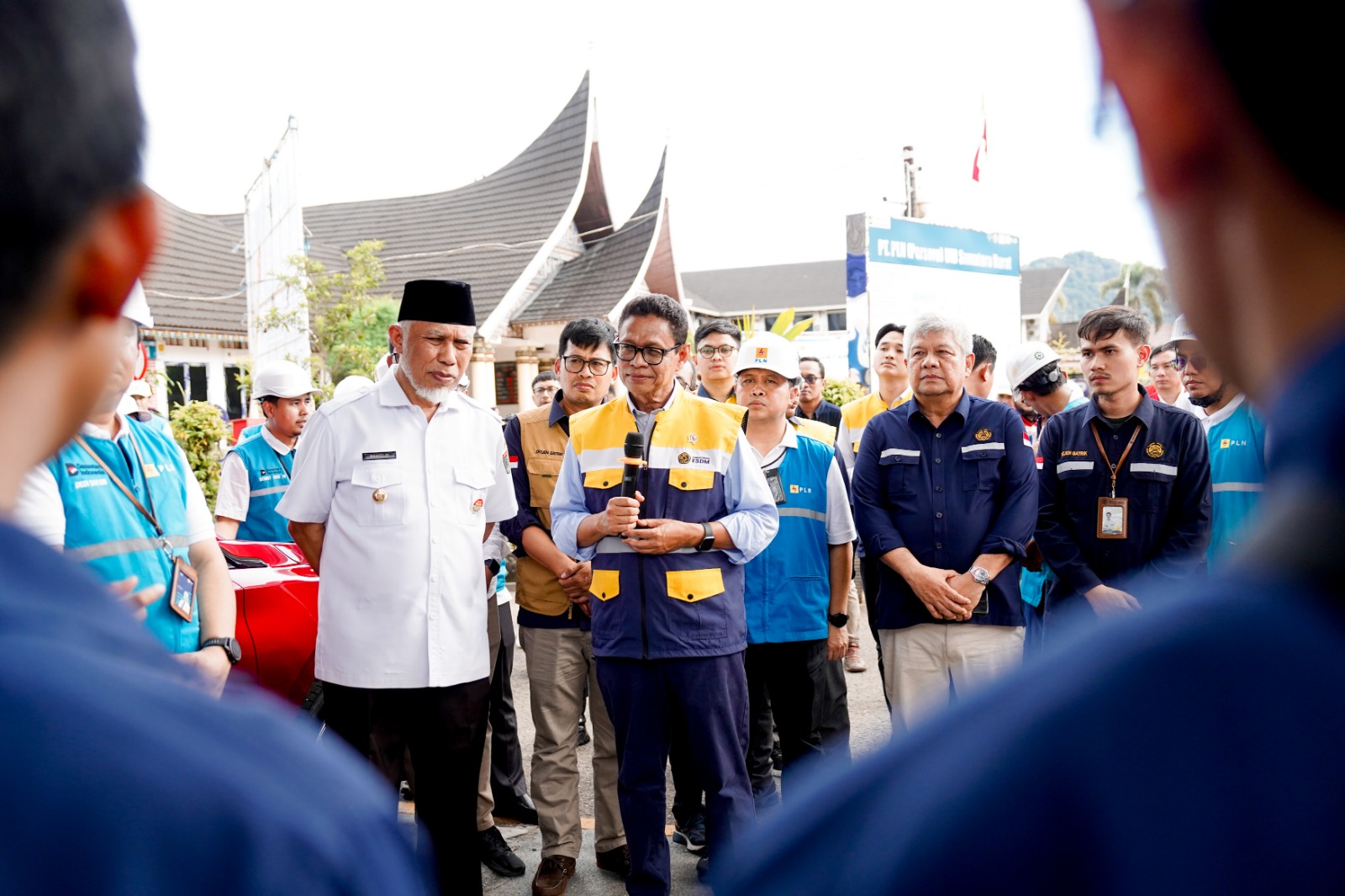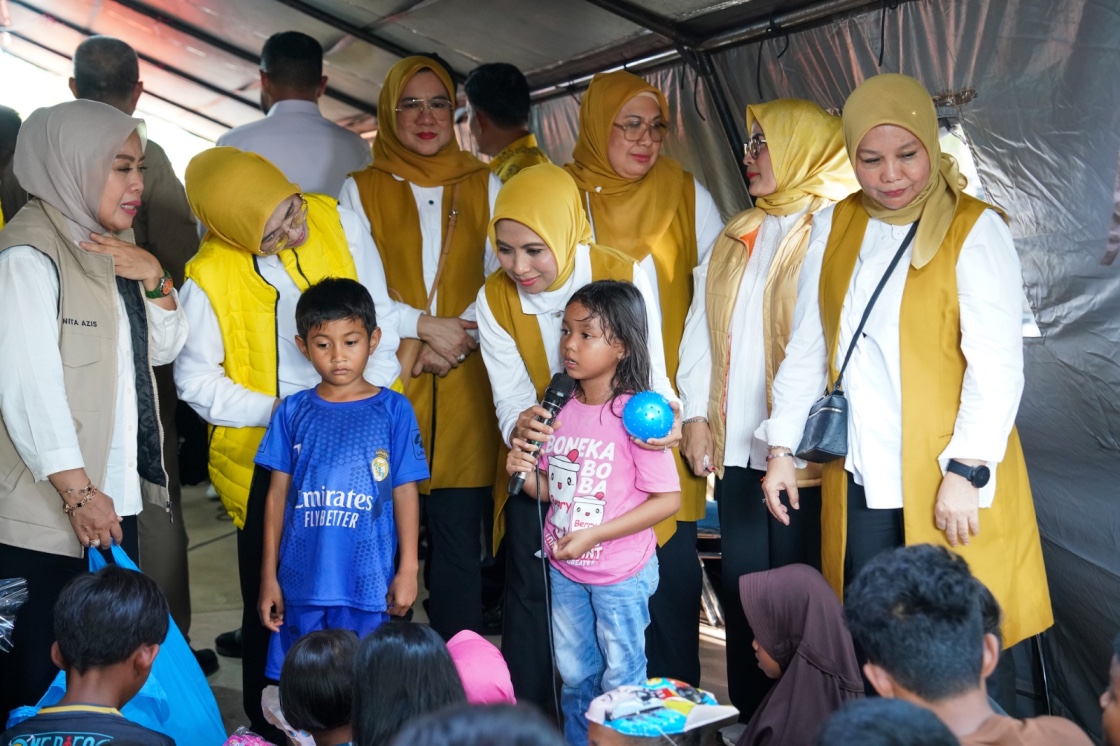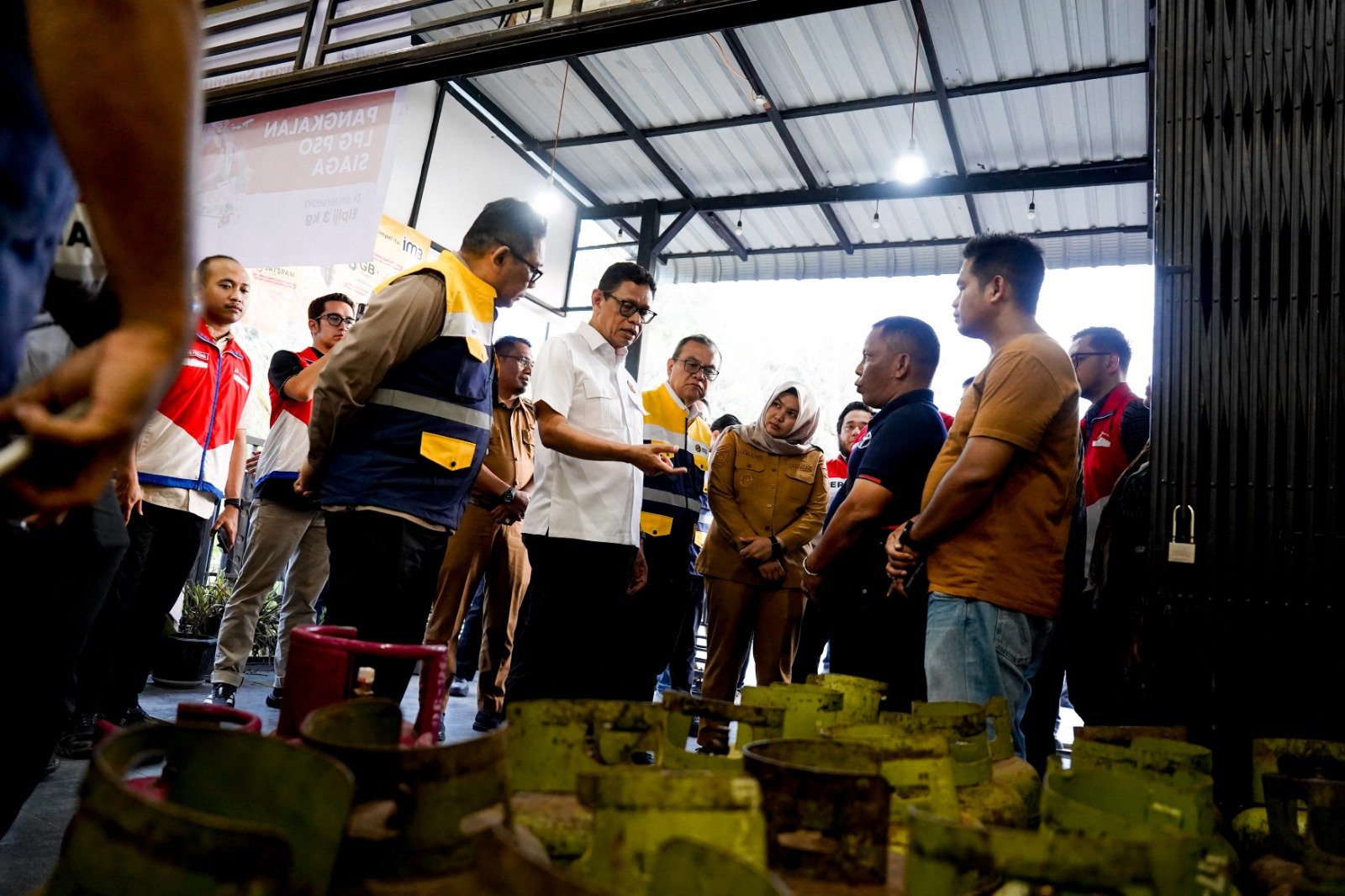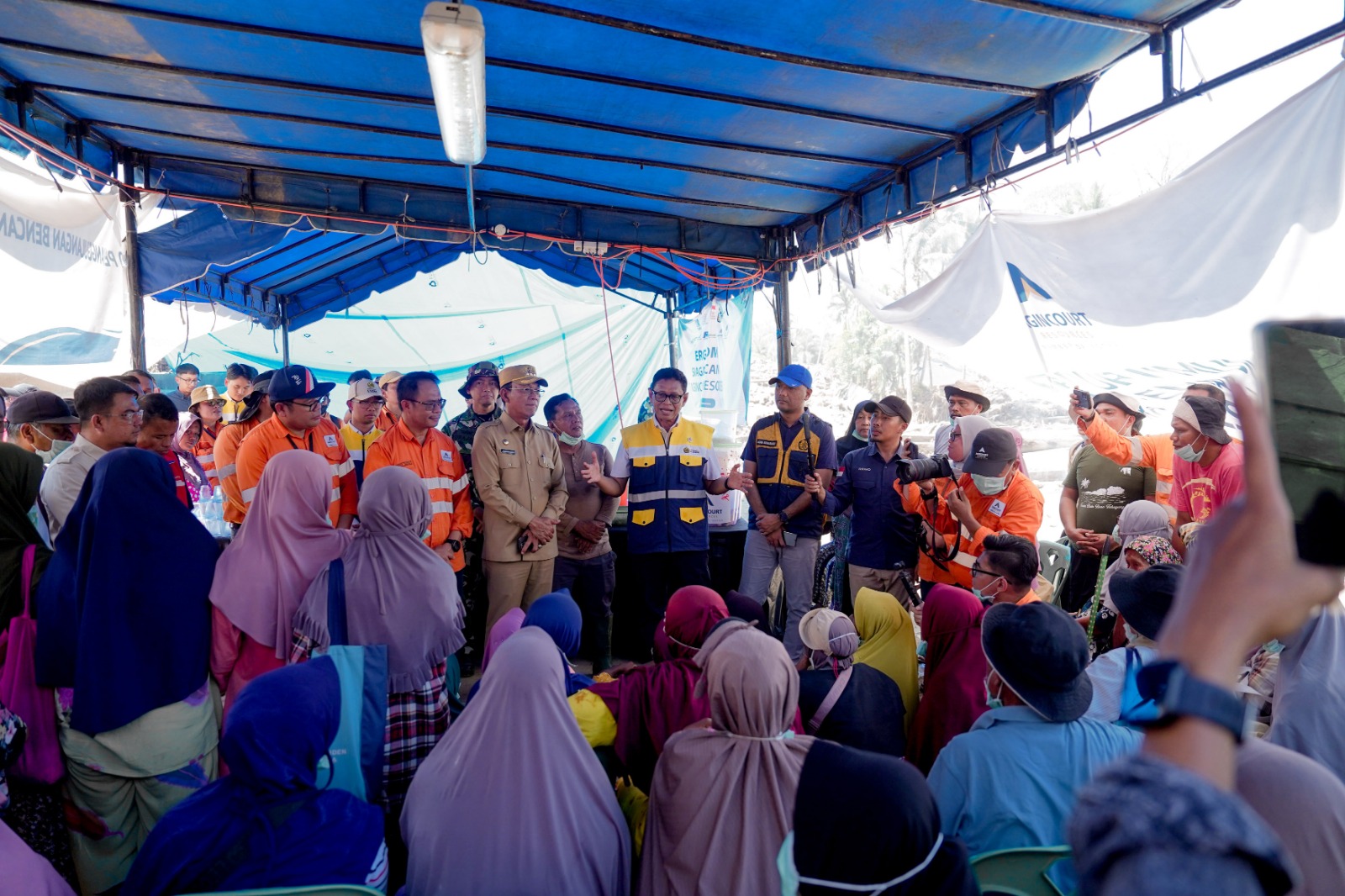
Nickel Downstreaming an Obligation
MINISTRY OF ENERGY AND MINERAL RESOURCES
REPUBLIC OF INDONESIA
PRESS RELEASE
NUMBER: 262.Pers/04/SJI/2020
Date: 28 July 2020
Nickel Downstreaming an Obligation
Law Number 3 of 2020 on Amendment to Law Number 4 of 2009 on Mineral and Coal Mining has mandated downstreaming processes in the mineral and coal subsector. The downstreaming obligation imposed on the mining industry is intended none other to increase mineral added value.
"Indeed, it is an obligation of the mining industry to develop downstreaming processes, so building smelters is a must. It is mandated in Law Number 4/2009 and in Law Number 3/2020. We've made it an obligation to process our mineral resources, they must be processed further in order to give added value," said Minister of Energy and Mineral Resources (EMR) Arifin Tasrif on Monday (27/7).
Arifin said there are currently 48 nickel smelter projects, all targeted to operate in 2024, despite the obstacles faced by investors due to the Corona Virus Disease 2019 (Covid-19) pandemic or other causes.
"There are smelter projects, especially nickel smelters; there are 48 projects that we hope to be complete in 2024. Of course there are obstacles because of the current conditions and other difficulties faced by the mining industry to develop smelters," the Minister continued.
For this reason, Arifin said, the Ministry of EMR has continued to formulate policies to help investors realize the smelter projects. These smelters will also help to achieve Indonesia's ideal in the mineral and coal subsector.
"One of Indonesia's ideals is to develop a mining industry that is made up of upstream to downstream businesses, an industry that gives substantial added value, provides employment, and brings other benefits for Indonesia. Thus, the Ministry of EMR fully supports this downstreaming program, which indeed we have planned. I hope we can achieve our target as planned," said Arifin.
Downstreaming of Low-Grade Nickel Ore
One of the processes to give added value, especially for low-grade nickel ore, is hydrometallurgy. Hydrometallurgy can process low-grade nickel ore into pure nickel metals.
"Now there is the hydrometallurgy, a process to treat low-grade nickel ore. When there was no export ban, it was very hard to control the nickel content in our exports. In the future, we'll classify exports; limonite ore will be processed by hydrometallurgy, ore with a content of over 1.8% will be mixed with lower content ore. This way, our production capacity will expand," explained Arifin.
Arifin also explained that Indonesia has nickel reserves of 21 million tonnes that can last more than 30 years. 48 nickel smelter projects are located in Banten, East Java, Central Sulawesi, Southeast Sulawesi, South Sulawesi, and North Maluku. 11 smelters are in operation, while another 19 are in construction phase.
"Low-grade nickel smelters will produce MHP (Mixed Hydroxide Precipitate), a precursor for battery production. We plan to build 6 smelters of this kind and probably 1 additional smelter financed by a SOE consortium. We hope all smelters can start to operate in 2024, and enter full capacity in 2-3 years after initial operation," Arifin concluded.
Head of Bureau of Communication, Public Information Services, and Cooperation
Agung Pribadi (08112213555)
Share This!

